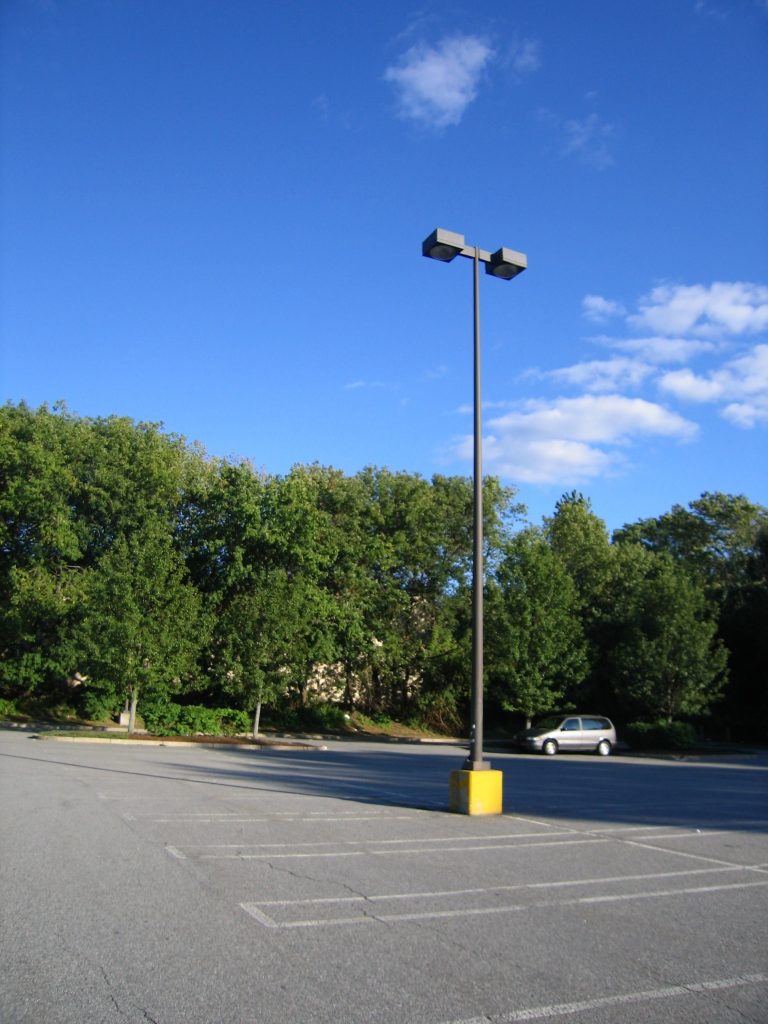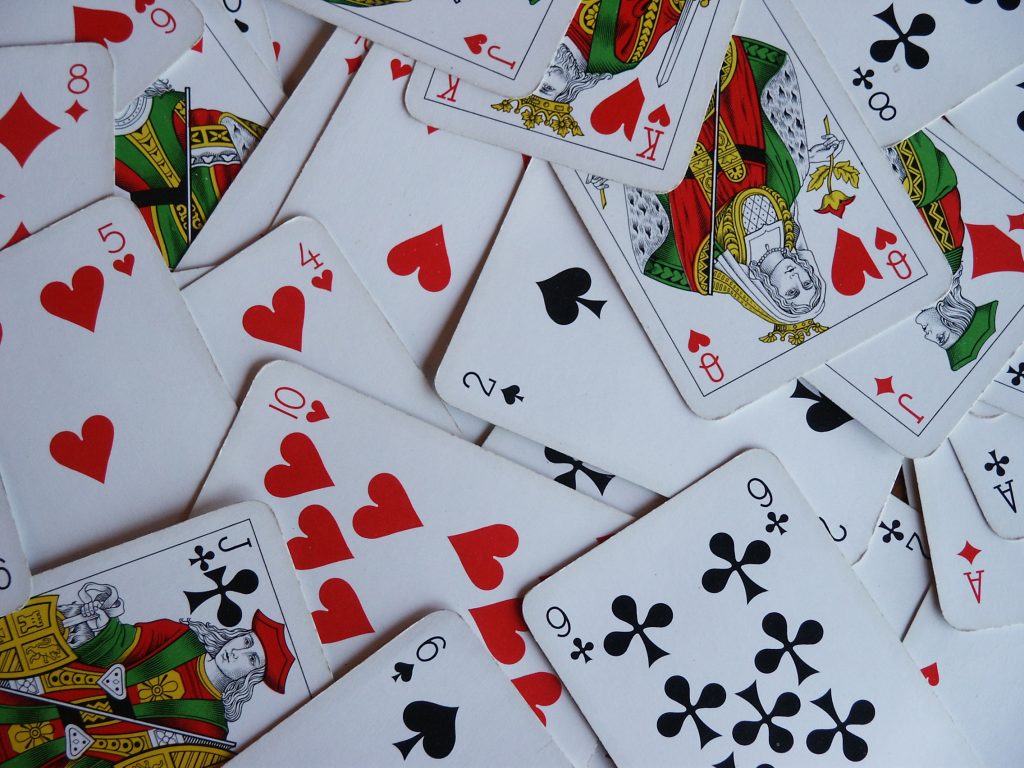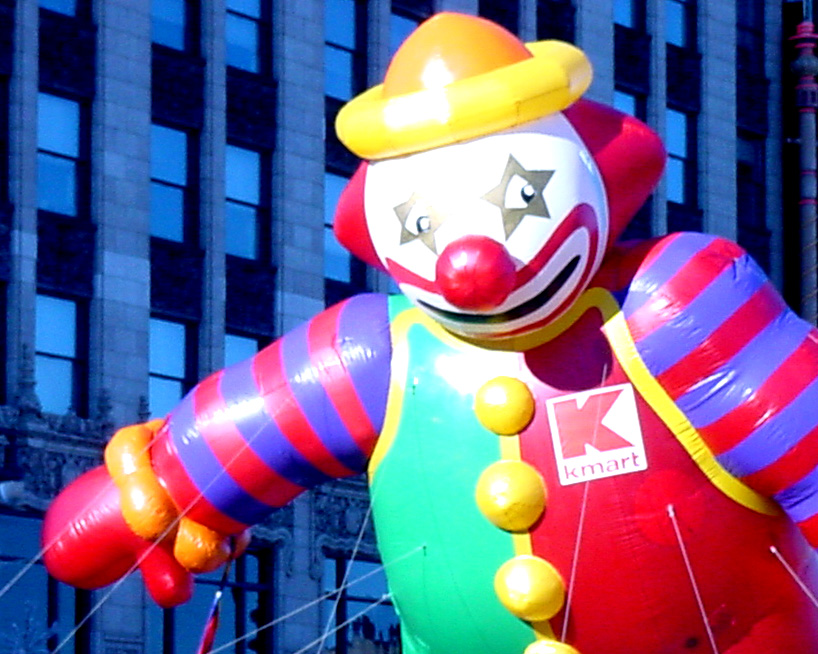 When a person is injured and they file a lawsuit to recover damages for their injuries, they expect to “have their day in court,” to be able to present their case and all of the facts and evidence that support their case. But what if the other side argues that there is no real disagreement about the facts and that the facts do not support the injured party’s claim? A judge can decide early on in a lawsuit that there is no real question about a material fact and that reasonable persons would come to the same conclusion when considering the facts. This is what happened to Mr. Salvadore Tramuta when he filed suit for personal injuries in Jefferson Parish, Louisiana.
When a person is injured and they file a lawsuit to recover damages for their injuries, they expect to “have their day in court,” to be able to present their case and all of the facts and evidence that support their case. But what if the other side argues that there is no real disagreement about the facts and that the facts do not support the injured party’s claim? A judge can decide early on in a lawsuit that there is no real question about a material fact and that reasonable persons would come to the same conclusion when considering the facts. This is what happened to Mr. Salvadore Tramuta when he filed suit for personal injuries in Jefferson Parish, Louisiana.
Mr. Tramuta fell as he stepped from the raised sidewalk in front of a strip mall to the parking lot. The reasons for his fall are the crux of the lawsuit. The strip mall’s owners, Lakeside Plaza, L.L.C., had recently corrected what they thought was a dangerous hazard to customers and unwittingly created for themselves the basis for Mr. Tramuta’s lawsuit.
Lakeside’s strip mall has about eight stores with a raised sidewalk running the length of the building. At first, the step was reasonably manageable from the sidewalk to the parking lot, but over time the soil settled and the step became larger as the parking lot settled lower. Lakeside corrected this problem by having an additional step made between the sidewalk and the parking lot so that customers would not have such a large step down or up. The parking lot had parking spaces fronting the sidewalk and perpendicular to it. Each parking space also has a parking bumper parallel to the sidewalk. When Lakeside added the additional step they chose to leave the parking bumpers in place. As a result, the step down from the sidewalk was shorter but the area between the parking bumpers and the step was lessened, creating less space for customers to step as they exited the stores.
 Louisiana Personal Injury Lawyer Blog
Louisiana Personal Injury Lawyer Blog


 A night at
A night at  Sometimes what you do – or fail to do – before filing a lawsuit, can have a big impact on the final result, as Ross Lynch of Mandeville, Louisiana recently learned. Lynch owns property on Girard Street in Mandeville. Two of his neighbors own a lot directly adjacent to his property that is used by the City of Mandeville as a public parking lot. Overgrown grass and weeds were growing along the fence that separated the two lots. Until filing a lawsuit, Lynch never mentioned this problem to the neighbors or asked them to get rid of the overgrowth, which he considered to be an “obvious nuisance.”
Sometimes what you do – or fail to do – before filing a lawsuit, can have a big impact on the final result, as Ross Lynch of Mandeville, Louisiana recently learned. Lynch owns property on Girard Street in Mandeville. Two of his neighbors own a lot directly adjacent to his property that is used by the City of Mandeville as a public parking lot. Overgrown grass and weeds were growing along the fence that separated the two lots. Until filing a lawsuit, Lynch never mentioned this problem to the neighbors or asked them to get rid of the overgrowth, which he considered to be an “obvious nuisance.” No one wants to ever get involved in a slip-and-fall lawsuit. If your unfortunate enough to be injured in a slip and fall finding out who is responsible to pay for your injuries can become a troublesome matter. A recent Louisiana Fourth Circuit Court of Appeal opinion demonstrates just how complicated these lawsuits can get when a woman alleged she slipped and fell in the China Palace restaurant on South Carrolton Avenue in New Orleans.
No one wants to ever get involved in a slip-and-fall lawsuit. If your unfortunate enough to be injured in a slip and fall finding out who is responsible to pay for your injuries can become a troublesome matter. A recent Louisiana Fourth Circuit Court of Appeal opinion demonstrates just how complicated these lawsuits can get when a woman alleged she slipped and fell in the China Palace restaurant on South Carrolton Avenue in New Orleans.  In 2011 Peggy McCastle-Getwood was an employee at the K-Mart in Mandeville, Louisiana. On May 26, 2011 she arrived to work around 8:00 a.m. and went to the back of the store to place her belongings in the locker room. With a cup of coffee in her hand, Ms. McCastle headed back to the front of the store and slipped and fell.
In 2011 Peggy McCastle-Getwood was an employee at the K-Mart in Mandeville, Louisiana. On May 26, 2011 she arrived to work around 8:00 a.m. and went to the back of the store to place her belongings in the locker room. With a cup of coffee in her hand, Ms. McCastle headed back to the front of the store and slipped and fell. As the old saying goes, “accidents happen.” But, in personal injury lawsuits, like in many matters, another saying is more on point: “The devil is in the details.”
As the old saying goes, “accidents happen.” But, in personal injury lawsuits, like in many matters, another saying is more on point: “The devil is in the details.”  Anyone who has purchased chicken from a grocery store knows that for some reason the packing always seems to leak. But what happens if that leakage occurs in a grocery store and you slip on it and hurt your back, is the grocery store responsible? The following case out of Washington Parish Louisiana clarifies the standards used by courts when addressing that question.
Anyone who has purchased chicken from a grocery store knows that for some reason the packing always seems to leak. But what happens if that leakage occurs in a grocery store and you slip on it and hurt your back, is the grocery store responsible? The following case out of Washington Parish Louisiana clarifies the standards used by courts when addressing that question.